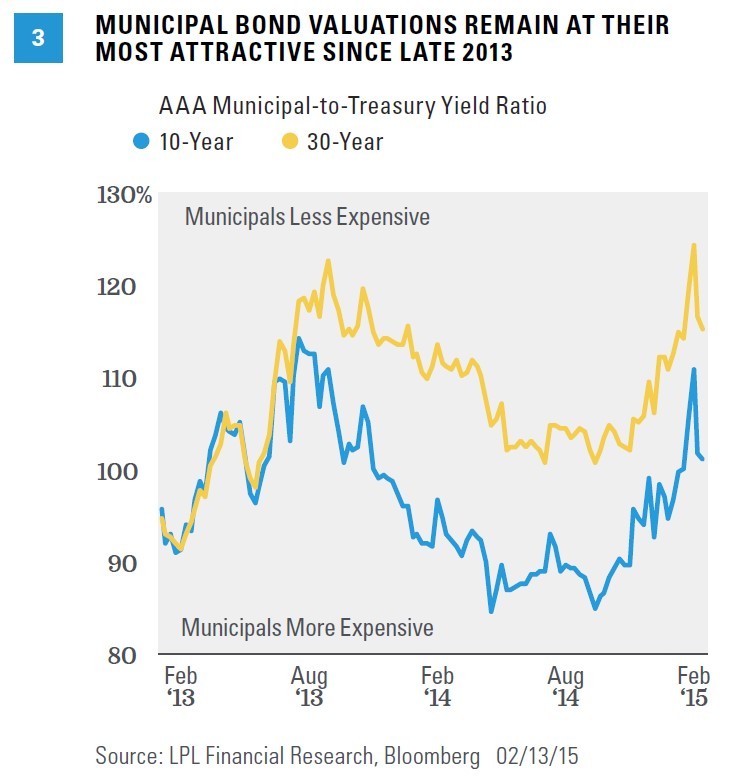Municipal Bonds Muni Municipal Bond
Post on: 2 Июль, 2015 No Comment

google+
Municipal bonds are debt instruments that are issued by public entities, such as municipalities, cities, states or counties, to fund their capital expenditures. The capital expenditure of public entities includes costs associated with the construction of schools, bridges, highways and other public interest projects. Since muni bonds offer tax exemptions, they aretypically bought by investors who belong to the high income-tax bracket.
How Do Municipal Bonds Work?
Municipal bonds are issued directly to investors to meet instant cash requirements. Bond issuers must spend the cash generatedthrough the issuance of these bonds either instantly or over a period of five years from the date of issue.
When an investor buys a municipal bond, s/he is lending money to the issuing authority. In return, the issuing authority guarantees to repay the principle amount along with a specific interest. The interest is remitted either on a periodic basis or as a lump sum (along with the principal) on bond maturity.
While investing in municipal bonds, an investor should consider the following factors:
- Buy those munis that have a high interest rate.
The Most Popular Municipal Bonds
The four most common types of municipal bonds are:
- General Obligation (GO) Bonds: These are the most common type and the least risky municipal bonds. They are also the ones that offer the lowest yield. GO bonds are not tied to a particular project and the issuer is obligated to pay the interest and repay the principal on time.
Municipal Bonds: Benefits
Municipal bonds help:
- Generate consistent and relatively risk-free cash flows.
Municipal Bonds: Dangers
Municipal bonds are prone to the following risks:














